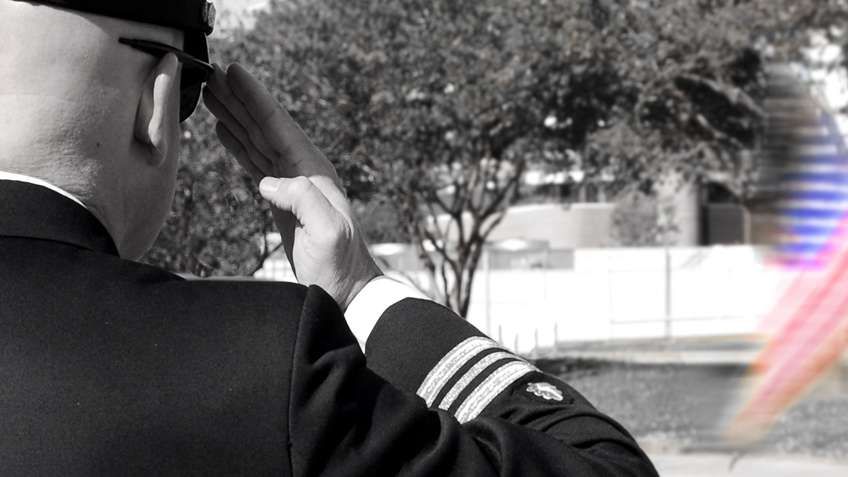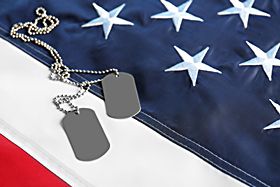My professional career spans 25 years, including 6 years in the Navy and the rest spent managing different repair services. During this time, I’ve observed two significant personality factors that greatly influence training success.
The first is perseverance. The student must be able to push past whatever reservations they have about pursuing training. This is important because we rarely view any time in our lives as the right time to acquire new skills.
As a result, we need to overcome the obstacles, such as the time, cost or inconvenience that can stand in the way of training.
Second, training scenarios and examples alone do not ensure success. The student must be able to apply the training to a specific application.
This ability to take key learnings and convert them to a specific application is a skill that is best taught by peers and mentors.
So, if I believe perseverance and conversion are key, why veterans? My answer is simple: people, process and leadership.
People
Military veterans are a special breed of person. They share a certain grit that makes them different as a group. It’s this grit that helps them endure everything from rigorous training exercises and long deployments, to the potential stress of conflict.
Society is full of individuals with grit, and military service attracts them. Like iron flakes to a magnet. The result is an easily identifiable group of likeminded individuals who all share grit as a common trait.
And that trait helps them persevere not only through their military service, but also through whatever challenges and disruptions may arise in their personal lives and post-service careers.





